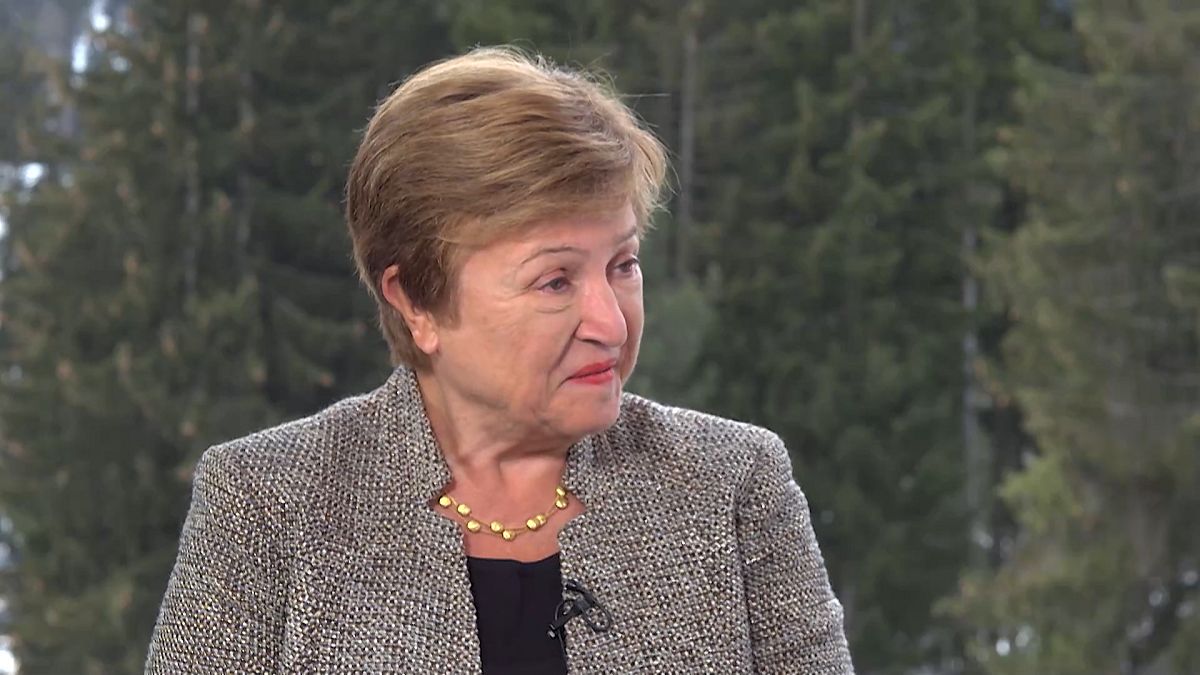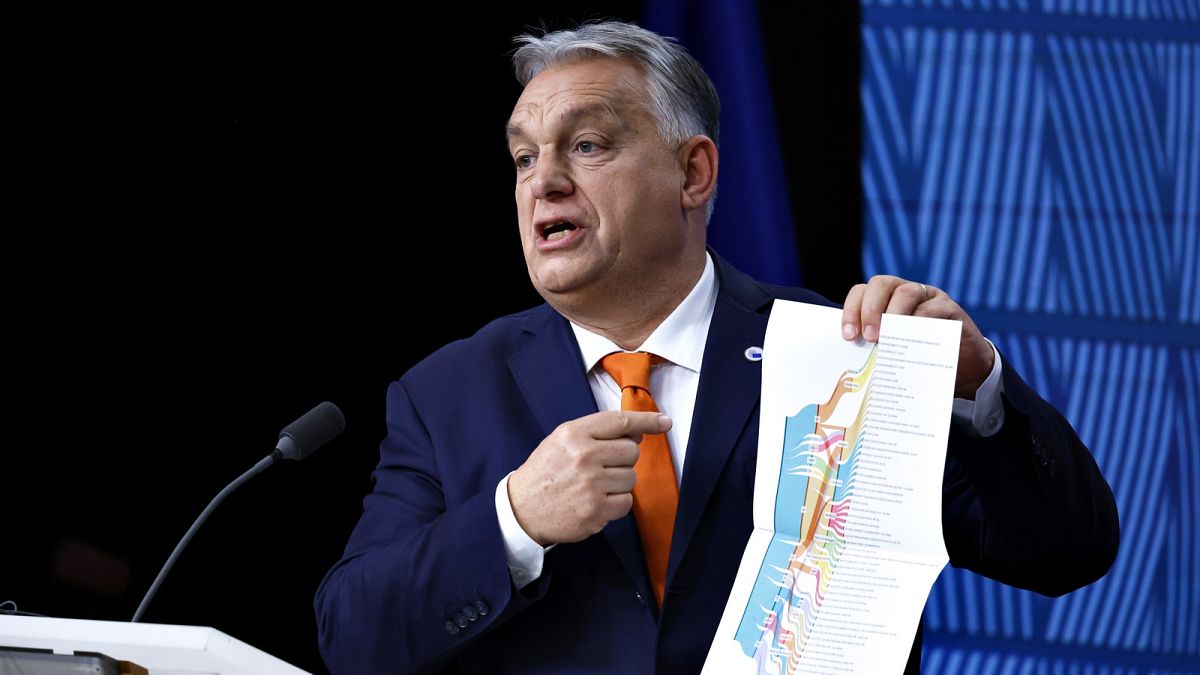Friedrich Merz, leader of the Christian Democratic Union (CDU), has pledged to impose tough border controls if elected chancellor in next month’s vote.
Germany’s opposition leader Friedrich Merz is under fire for vowing strict border controls if he is elected chancellor, with the frontrunner citing a deadly knife attack that was allegedly carried out by a rejected asylum seeker as justification for a migration overhaul.
The leader of the Christian Democratic Union (CDU) on Thursday presented a five-point migration plan calling for, among other things, a “de facto entry ban” for all people without valid documents and permanent control of all of Germany’s borders.
Merz announced his plan a day after two people, including a 2-year-old boy, were killed and three others injured during an attack in the Bavarian city of Aschaffenburg.
The suspect, arrested shortly afterwards, is a 28-year-old Afghan with a history of psychiatric problems and violence who said over a month ago that he would leave Germany voluntarily.
Several politicians have criticised Merz’s plan as legally contentious and impractical to implement — pointing out its incompatibility with migration and asylum laws and treaties such as the Geneva Convention and the EU’s principle of free movement.
The Greens deputy leader in the Bundestag, Konstantin von Notz, described the measures as “neither constitutional nor European law compliant”, local media reported.
The premier of Saarland state, Anke Rehlinger, emphasised that Germany should take an approach to migration policy that was in line with the rest of Europe.
“We need a common European asylum policy,” the Social Democrats (SPD) politician told Stern magazine.
Meanwhile, the country’s largest police trade union pointed to the impracticality of using officers to permanently control Germany’s borders.
“We have 3,800 kilometres of internal borders,” the union’s representative, Andreas Roßkopf, said on MDR radio.
“The type of border controls we already have are at the limit of what is feasible,” he said, adding that investment in tools such as license plate recognition technology would be more practical in controlling the flow of migration at Germany’s border.
For his part, Merz called EU-wide rules “recognisably dysfunctional” and insisted he would order his migration plan to be implemented on day one if he is elected chancellor.
Germany’s snap federal election is set for 23 February, and polls suggest the CDU is set to win with a minority. Chancellor Olaf Scholz’s SPD is third in the latest surveys, behind the far-right Alternative for Germany (AfD).
Prerequisite for a coalition
Despite opposition from other parties, Merz said that agreement with his plan would be a prerequisite to forming a coalition with the CDU after the vote next month. On Friday, he said his migration overhaul should be voted on in parliament ahead of the election.
Merz has steadfastly ruled out the possibility of working with the controversial AfD — which has been traditionally shunned in parliament amongst Germany’s more established parties.
Yet the AfD’s candidate for chancellor, Alice Weidel, emphatically supported Merz’s proposals, which she claimed her party had put forward first. Weidel said that the AfD could work with the CDU in order to gather enough votes for Merz’s measures to pass.
The CDU confirmed on Friday that the party would submit the migration proposal to be voted on in the Bundestag and would be prepared to collect votes from any other party — including the AfD — that supported the measures, according to the Berliner Zeitung.
The outgoing government of the SPD, the Greens, and the Free Democratic Party (FDP) pointed out it had already instituted temporary controls on Germany’s borders, with Interior Minister Nancy Faeser accusing Merz of “electioneering” over his proposal.
“What is he promising people? If this is not fulfilled, that also destroys trust,” Faeser said.
Germany’s mainstream parties are however feeling pressure to comply with stricter migration policies as opinion surveys show that discontent over migration is a key issue for voters, and a factor that has bolstered support for the firmly anti-immigration AfD.
The attack in Bavaria follows stabbings in Mannheim and Solingen last year in which the suspects were immigrants from Afghanistan and Syria, further fuelling anti-immigration sentiment in the country.
On Thursday, opposition parties complained there have been no further deportations to Afghanistan since a first flight in August last year.
Faeser said the government was “working intensively on deporting more criminals to Afghanistan”, and that “we have reduced irregular migration strongly”.
Authorities say nearly 230,000 people applied for asylum in Germany last year, a 30% decrease from the previous year. There were 18,384 deportations in first 11 months of 2024, compared with 16,430 in all of 2023.
Read the full article here















